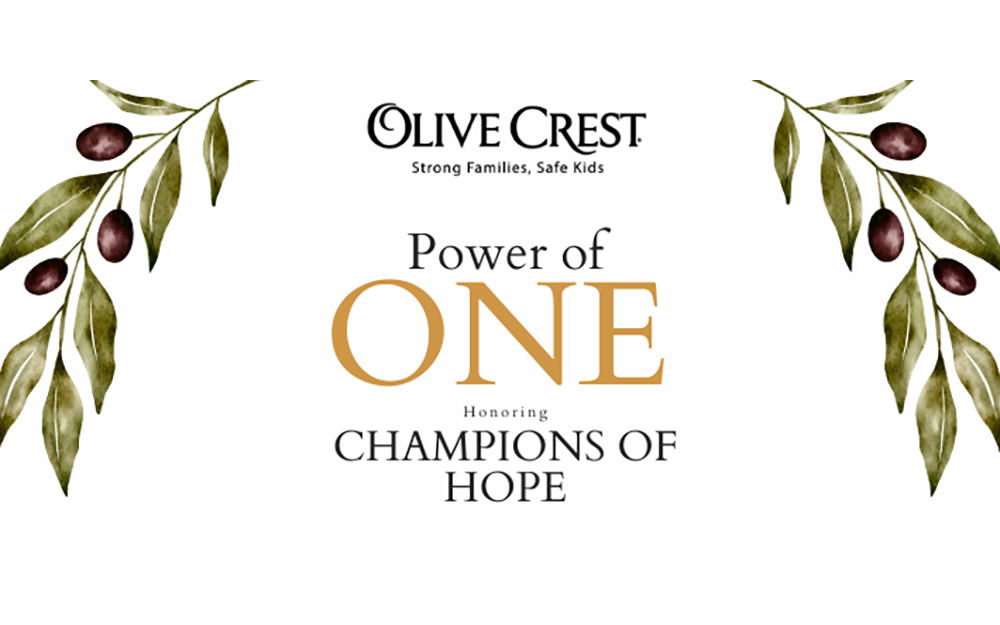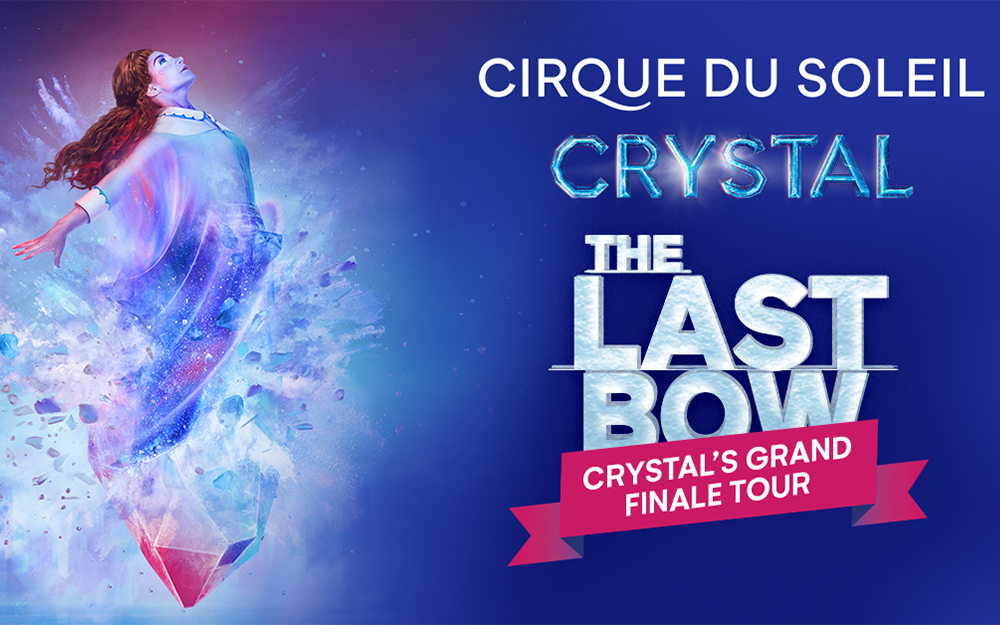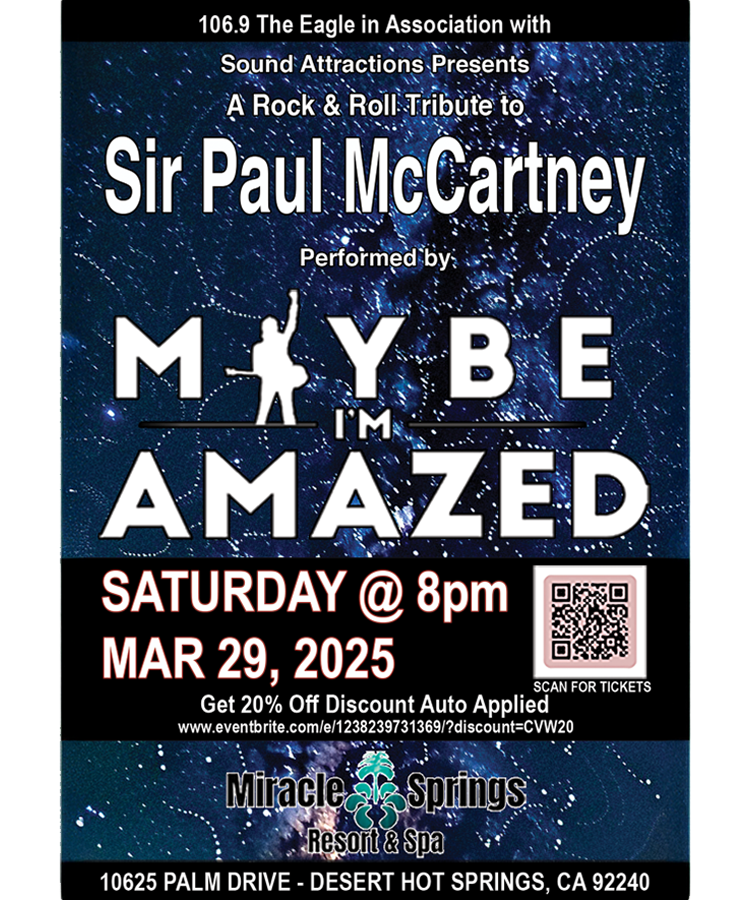
By Eleni P. Austin
In the fall of 1980, I was super-stoked (well, as stoked as a cynical, Bitch-Goddess-In-Training could be), that my pal Candace was home on a short break from her first year of college. Her new boyfriend, Joe had accompanied her, and we all piled into his car to go see a movie. En route, a song called “Out Of My Head” started playing and it pretty much blew my mind. I asked who the band was, and Joe passed back a cassette cover that featured four impossibly young dudes emblazoned with the words “20/20 Look Out!” I was instantly hooked.
Soon after, I bought Look Out, as well as their 1979 self-titled debut. The L.A. band featured Oklahoma natives Steve Allen and Ron Flynt. The pair had been pals in school, forming nascent bands in Tulsa and continuing to play music when they both attended Oklahoma State University. Inspired by the success of fellow Oklahomans Dwight Twilley and Phil Seymour (R.I.P. to both), they headed to the West Coast.
Once they were in L.A., the duo connected with multi-instrumentalist Chris Silagyi and drummer Joe Turrisi. Pretty soon they caught the ear of Greg Shaw. Something of a polymath, Greg started his own fanzines as a teen in the ‘60s. By the late ‘70s, he had been instrumental in promoting promising new artists like DEVO, The Weirdos, The Nerves and The Shoes, via his BOMP! record label. He released an early 20/20 single in 1978 that led to the band signing with Portrait Records, a boutique label distributed by Columbia Records.
Critics raved, but commercial success eluded the band. After releasing the Sex Trap EP in 1985, 20/20 called it quits. But a funny thing happened a decade later, when their first two albums were released on one CD, from Oglio Records. Suddenly Power Pop aficionados were singing the praises of infectious songs like “Yellow Pills” and “Cheri,” as well as insistent numbers like “Nuclear Boy” and “American Dream.” Steve and Ron reunited and recruited drummer Bill Belknap and recorded 4 Day Tornado in 1995 and followed up three years later with Interstate. Now after a lengthy hiatus, 20/20 has returned with their fifth long-player, Back To California.
The album opens with the one-two punch of the title track and “Why Do I Hurt Myself.” On “Back To California,” bramble-thick guitars, popping bass lines and urgent keys are anchored by a propulsive backbeat. The melody and arrangement straddle the line between Roots Rock and angular Pop. Lyrics attempt to entice a former love back to the City Of Angels, but the town has lost it’s luster: “The canyon is a lonely place, it can leave you on your own, when a poet falls from grace he’s a long way from his home, everybody here wants to get high/So tell them you’re a debutante, put some flowers in your hair. or a cashier in a restaurant just to get from there to here, not everybody wants to burn it down, not everybody wants to burn it down.” On the break, rumbling baritone guitar riffs rev and retreat, circling Country-flavored licks. But there’s a shared destiny to be found in California that cannot be denied.
“Why…” treads more lightly. Flickering guitar riffs are quickly supplanted by a bludgeoning heartbreak beat, quivery bass and muted keys. Introspective lyrics drill down on self-flagellation as illicit substances offer a poor substitute for love: “Why did I cut you off, I reached for the phone and lost track of the day, the sun was a haze, I lost my way, where is the love I need, why do I make myself bleed….Why did I cut my hand drink till I couldn’t stand, down on the floor, I needed one more, I needed one more.” Chiming guitars on the break are bolstered by a soaring and cathartic solo and accompanied by some beatific “ahh-ahh’s.”
Power Pop purists may be dismayed, but several songs drift away from the Power Pop paradigm that the band established on their first two records. It gives the band an opportunity to color outside the lines. Take “Long Distance Call,” a surprisingly Bluesy number powered by prowling organ, sinewy bass, shuddery guitars and a shadowy beat. The melody and arrangement lock into a slow-cooked groove as lyrics bemoan a broken romance: “Even though I’ve grown accustomed to the silence, of the lonely and the still, I give her my true feelings, but she never will.” On the break, cantilevered guitars see-saw across swirly organ runs.
“Lucky Heart” is a sturdy slab of Heartland Rock that wouldn’t seem out of place on a Bruce Springsteen album. Hard-charging rhythm guitars ride roughshod over fluttery electric licks, roiling bass, flirty keys and a powerhouse beat. Lyrics offer a clandestine tale of two lovers on the run: “Out on the highway, they smile at each other, the radio plays ‘Kathy’s Clown,’ leaving a life and a family behind them, still driving as the sun goes down.”
“King Of The World” could be a long-lost single from Sun Records. As it echoes the primitive cool pioneered during the ‘50s. Woozy harmonica darts around strummy guitars, buoyant bass lines and a snappy beat. Lyrics sketch out brief vignettes of lovers in flux as the sunny chorus puts it all in perspective: “And only love can keep us together, only love can break your heart, only love can make me feel like I’m the king of the whole wide world.”
“The End Of The Summer” opens with a flourish of Punky feedback before down-shifting into more of a of a courtly, Country-Rock groove. Shimmering guitars and sly bass lines wrap around a percolating beat that stomps through the chorus. Lyrics offer a gimlet-eyed look at bygone days before wondering “Where do we go from here, when do we turn around, don’t you remember, nobody knows for sure, how everything works at the end of the summer.” Melodic bass runs and sparkly guitars ride hell-for-leather through the break, nearly camouflaging the lyrical angst.
A couple of tracks, “When The Sun Goes Down” and “Laurel Canyon,” stand out from the pack. The former takes a page from The Beach Boys’ playbook. Sun-dappled guitars dovetail with winsome piano notes, tremulous bass fills and a tick-tock beat. An unambiguous mash-note, the lyrics find magic in the mundane: “And when the stars shine down, they light the path into her heart, they shine the way out of fear and darkness that’s keeping us apart, cause when I hear her voice, the way she calls the waiter Sir, I believe love everlasting is walking on the beach with her.”
The latter is an origin story of sorts, recalling the days when these Oklahoma transplants first encountered the legendary artistic enclave. Despite the late ‘70s timeline, the melody and arrangement are ‘60s tinged, splitting the difference between Byrdsy jingle-jangle and fizzy Power Pop. Rippling guitar riffs wash over tensile bass, cheerful keys, and a jittery backbeat Sanguine lyrics like “We’ll start a band in Laurel Canyon, so meet me at the Country Store, the sound of strings drift in the distance, we can make it there, we can make it there.” There’s a Rickenbacker heft to the soaring guitars on the break, echoing those halcyon days of innocence and optimism.
Other interesting tracks include the feral energy of “Springtime Love Song” and the Beatlesque cool of “Spark.” The album closes with the tender benediction of “Farewell.” It’s a quiescent end to a great record.
Although 20/20 has endured myriad line-up changes, mainstays Steve Allen (vocals, guitars, keys) and Ron Flynt (vocals, bass, keys, baritone guitar) have always been the driving forces of the band. This time out, they’re augmented by Ray Flynt on drums and percussion.
45 years after I first heard this band, they remain as compelling and intriguing as they were in their salad days. Sadly, my equally compelling and intriguing friend Candace moved on to a different astral plane in the late ‘90s. But I feel like she’s out there just beyond our reach, listening to this new music smiling her mischievous and enigmatic Chesire Cat grin.










































